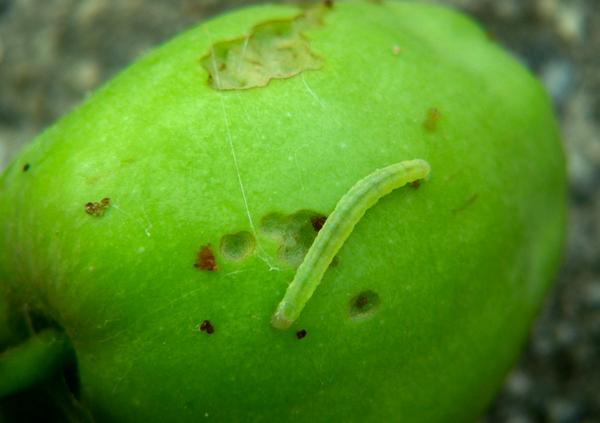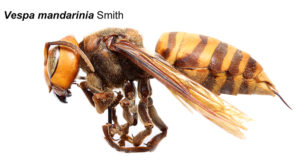
Murder Hornets in the News Again
As if COVID-19 and Hurricane Isaias are not enough to keep all of us occupied, Asian giant hornets (aka, …



Extension and research at NC State address timely issues impacting our state. Extension delivers trusted information directly into the hands of farmers and agribusinesses, helping them translate knowledge into solutions that grow our economy and communities.
El inglés es el idioma de control de esta página. En la medida en que haya algún conflicto entre la traducción al inglés y la traducción, el inglés prevalece.
Al hacer clic en el enlace de traducción se activa un servicio de traducción gratuito para convertir la página al español. Al igual que con cualquier traducción por Internet, la conversión no es sensible al contexto y puede que no traduzca el texto en su significado original. NC State Extension no garantiza la exactitud del texto traducido. Por favor, tenga en cuenta que algunas aplicaciones y/o servicios pueden no funcionar como se espera cuando se traducen.
Inglês é o idioma de controle desta página. Na medida que haja algum conflito entre o texto original em Inglês e a tradução, o Inglês prevalece.
Ao clicar no link de tradução, um serviço gratuito de tradução será ativado para converter a página para o Português. Como em qualquer tradução pela internet, a conversão não é sensivel ao contexto e pode não ocorrer a tradução para o significado orginal. O serviço de Extensão da Carolina do Norte (NC State Extension) não garante a exatidão do texto traduzido. Por favor, observe que algumas funções ou serviços podem não funcionar como esperado após a tradução.
English is the controlling language of this page. To the extent there is any conflict between the English text and the translation, English controls.
Clicking on the translation link activates a free translation service to convert the page to Spanish. As with any Internet translation, the conversion is not context-sensitive and may not translate the text to its original meaning. NC State Extension does not guarantee the accuracy of the translated text. Please note that some applications and/or services may not function as expected when translated.
Collapse ▲
As if COVID-19 and Hurricane Isaias are not enough to keep all of us occupied, Asian giant hornets (aka, …
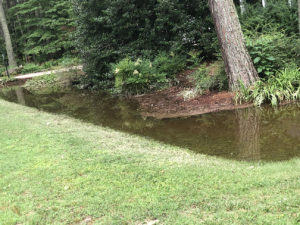
With odds increasing that Tropical Storm Isaias will hit some part of coastal North Carolina, we can expect some flooding …
Sivanto Prime for control of sugarcane aphid on sweet sorghum has been approved for use in North Carolina during …
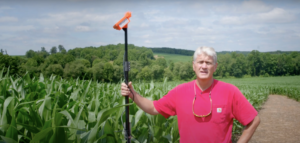
Want to see an AquaSpy in action in a cornfield? Watch our latest video to learn about this new technology …

Last year around this time, we had a stretch of very hot & dry weather that triggered a “millipede …
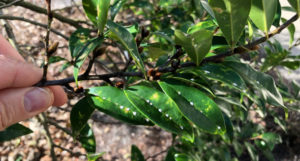
False oleander scale, Pseudaulacaspis cockerelli, is a tropical and subtropical pest originally from China. False oleander scale is common throughout …
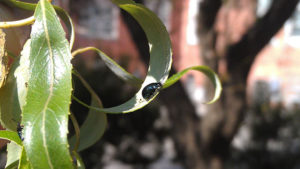
Imported willow leaf beetle (Plagiodera versicolor) are common on willows in landscapes and natural areas. Most of year adults and …
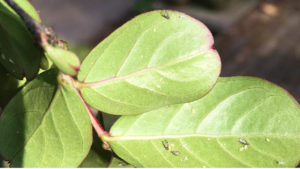
Crape myrtles are among the most commonly planted trees in the Southeast. The two main pests are crape myrtle …
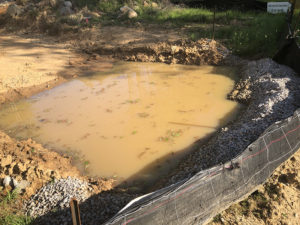
Memorial Day weekend is often the signal to fire up the grills. However, the previous week’s heavy rains in …
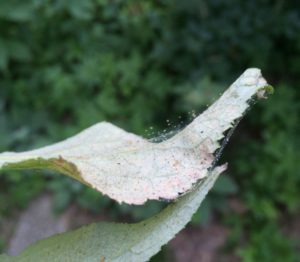
Twospotted spider mites are probably the most common spider mite species to damage ornamental plants, fruits, vegetables, and others. Twospotted …
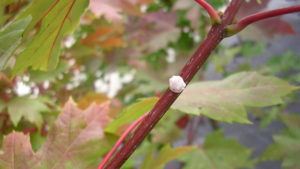
There are a couple species of wax scales (Ceroplastes spp.) in North Carolina. Common ones include Indian wax scale …
Including sloped screens for solid-liquid manure separation can have positive impacts on manure management systems …
Screw press separators can divide a single by-product stream into a solid and liquid stream …
This factsheet summarizes key technologies used to produce pellets from animal manures and the impact …
Manure is among the lowest methane yielding feedstocks in digesters, but it is widely used …
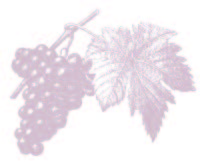
Grapevines require 16 essential nutrients for normal growth and development (Table 9.1). Carbon, hydrogen, and …
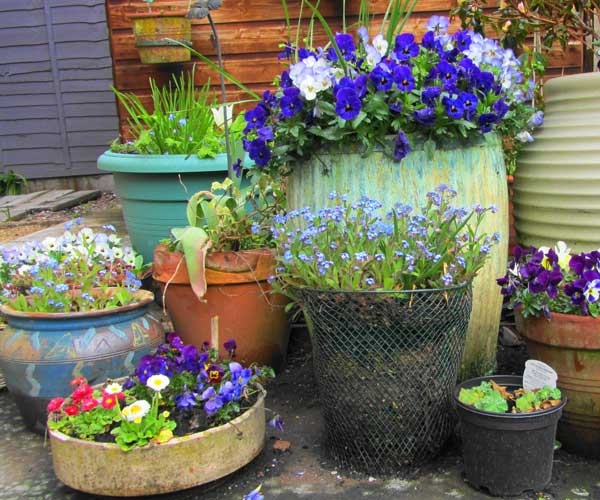
In this publication you will find ideas to get you started growing your own edibles. …
A Farmers’ Market Tour is a great way to introduce your program participants to an …
